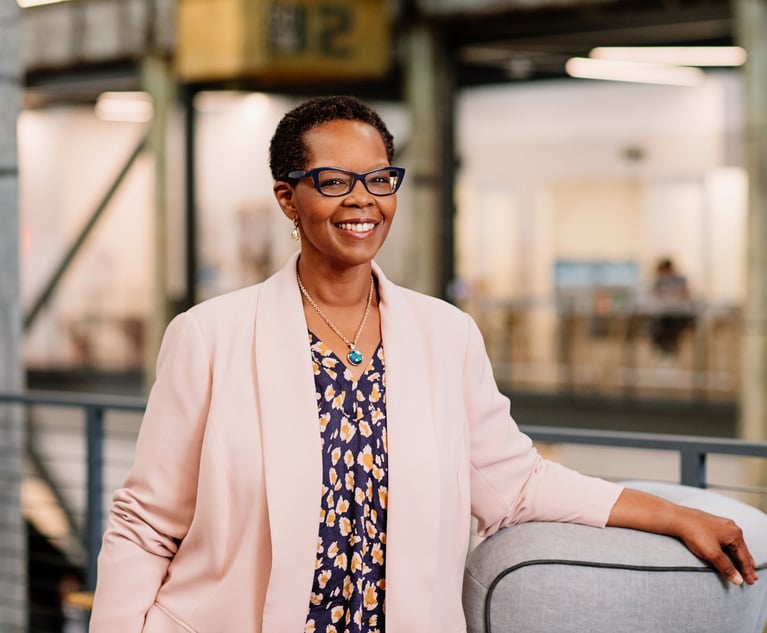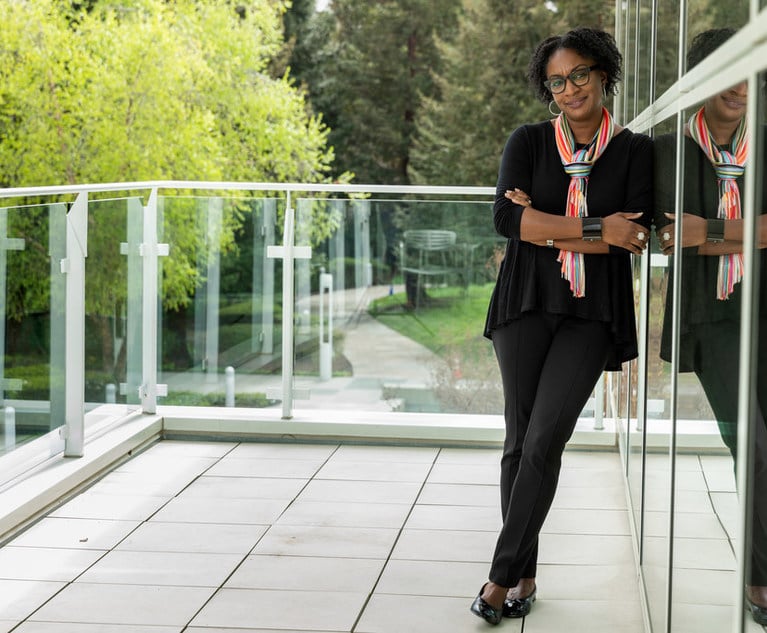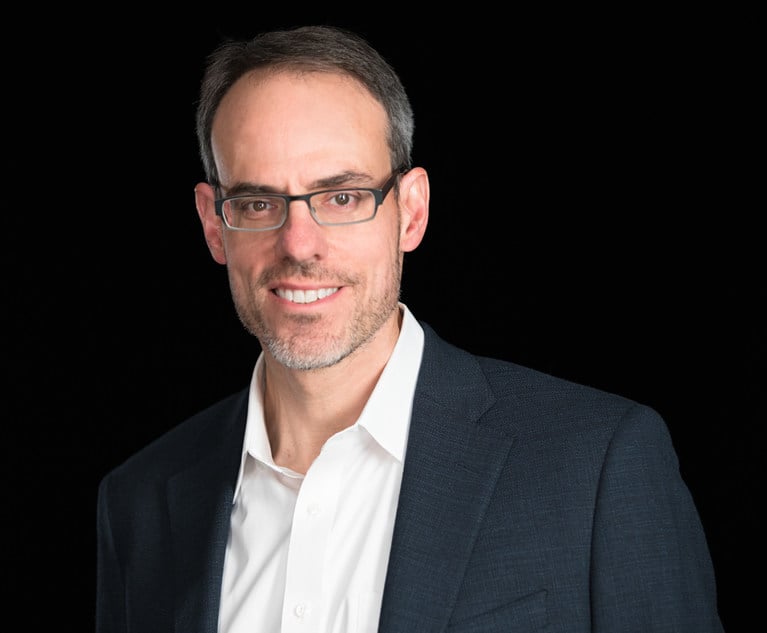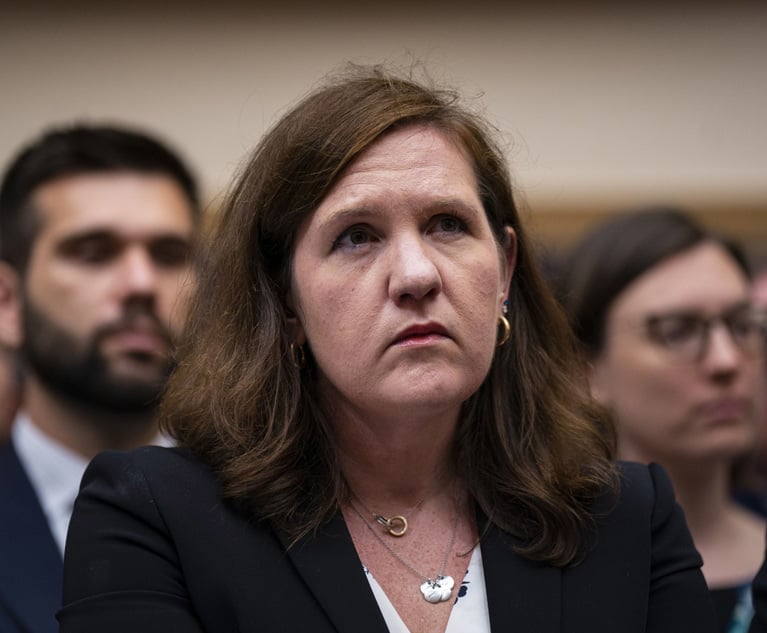After spending three hours calling each other liars and thieves, Apple and Qualcomm struck a six-year global license for wireless chip technology that ends all litigation between them.
U.S. District Judge Gonzalo Curiel announced the parties had settled in his San Diego federal courtroom, where jurors had just heard opening statements between Apple, Qualcomm and Apple’s contract manufacturers.

 Qualcomm/Apple. Photo: Shutterstock
Qualcomm/Apple. Photo: Shutterstock








